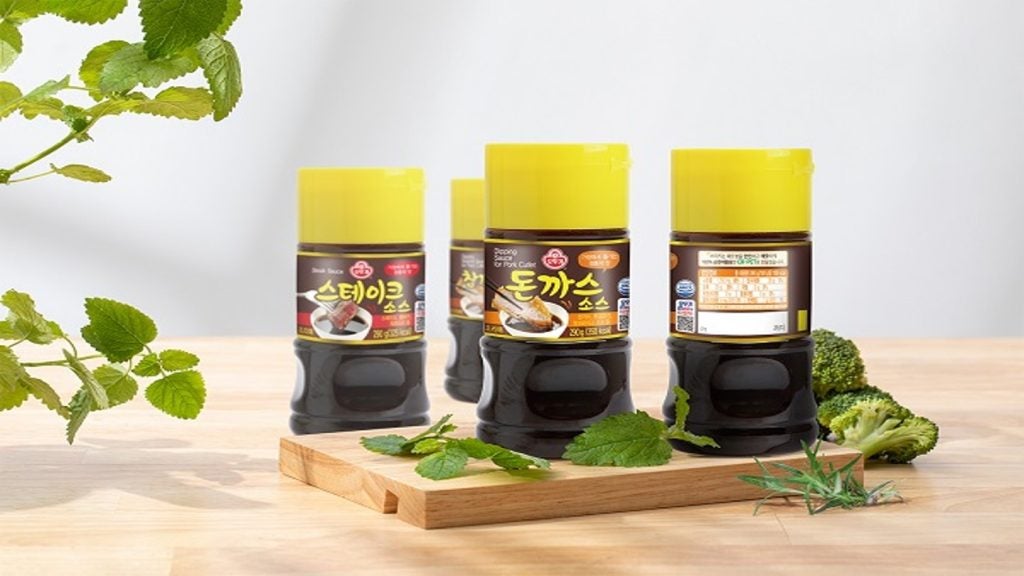SK chemicals has announced using 100% of its circular recycled (CR) polyethylene terephthalate (PET) resin for manufacturing new packaging for South Korean food company Ottogi’s products.
The packaging has been introduced for Ottogi's pork cutlet and steak sauce products.
This is the first time in South Korea that 100% circular recycled material has been used for making food containers, SK claimed.
Ottogi's renewed meat sauce containers are made from 100% 'SKYPET CR', which was developed collaboratively by SK and Ottogi’s food packaging subsidiary Poonglim, as part of a memorandum of understanding signed in 2022.
After using this resin for pork cutlet sauce and meat sauce containers, Ottogi is now planning to introduce the SKYPET CR application for its other food products.
In comparison with conventional petroleum-based PET packaging, the new packaging is expected to significantly minimise greenhouse gas emissions (GHG) and carbon emissions.
It will further help in addressing the demands of Ottogi's customers for more sustainable and eco-friendly products.
With reduced emissions and environmental impact, this packaging can also be exported to European countries, where GHG regulations are strengthening.
SK's head of co-polyester Kim Eung-soo said: “In March, we acquired assets related to the circular recycled raw material PET business of Shuye, China, and established SK Shantou to lay the groundwork for a stable supply of recycled plastic raw materials.
“Based on this, SK chemicals plans to expand its circular recycled product groups to various industrial materials in future.”
Said it has also applied this SKYPET CR solution to South Korean mineral water brand Jeju Samdasoo's RE:Born CR-PET bottle and has released the Eco Toothbrush in partnership with KNK.
SK said its chemical recycling technology breaks down plastic at a molecular level and then remanufactures it into raw materials, supporting infinite reuse, unlike the conventional mechanical recycling process, which cuts down waste plastic into smaller flakes for reuse.
Chemical recycling, according to the company, is more beneficial, as it maintains high-quality physical properties and safety during the process.









